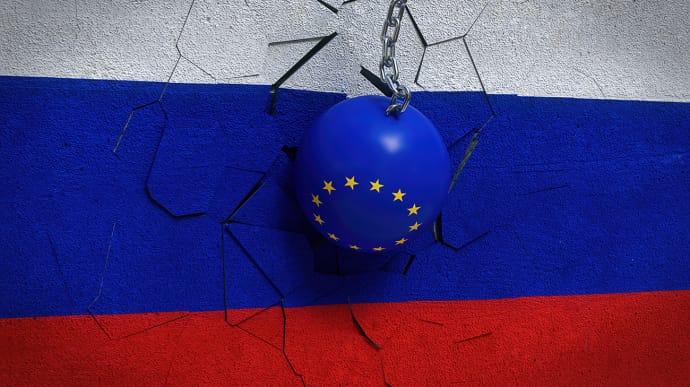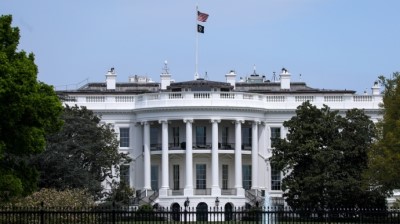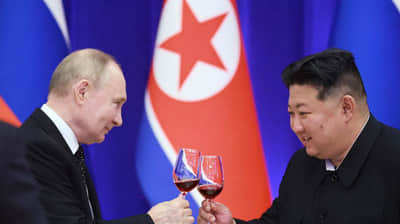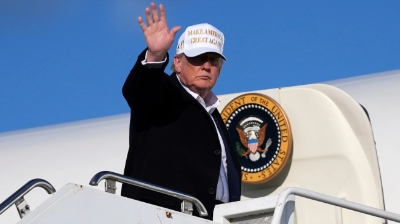EU drafts plan B to bypass Hungary's veto on Russia sanctions extension

Lawyers in Brussels are preparing a plan B to help override Hungary's veto of the June extension of sanctions against Russia. The idea came up during the negotiations before the March sanctions extension – although doubts remain as to whether it is legally flawless.
Source: Rikard Jozwiak, Europe Editor for Radio Liberty, as reported by European Pravda
Details: European sanctions are formally outlined in two documents: a decision and a resolution. The texts are nearly identical (countries agree upon and adopt the decision, which is then implemented through the resolution).
It is the resolution that requires unanimous renewal every six months, not the decision: the decision remains in force until a qualified majority votes to repeal it.
Proponents of the idea argue that this mechanism could be used to bypass Hungary's veto and maintain the sanctions.
Sources told Jozwiak that the decision is viewed as "a fallback option, and a temporary one", as Hungary and its allies could challenge it in court, and the decision is not entirely legally flawless.
Other plan B options are also being considered. One proposal suggests that the European Commission could introduce the 17th sanctions package against Russia, with the aim of trading the abandonment of this package for Hungary's agreement to lift its veto on the extension of existing sanctions. This would allow Budapest to claim a formal victory in blocking the new sanctions package.
Another option being discussed is to impose high tariffs on Russia in all relevant areas if the sanctions cannot be extended, which does not require a unanimous decision. However, this cannot be a complete substitute for sanctions, particularly export restrictions.
In addition, the option of imposing identical restrictions at the national level is being explored, similar to the approach taken by some countries regarding individuals removed from the sanctions list due to Hungary's veto. However, this solution is also imperfect, as not all member states have comprehensive national legislation on sanctions and instead rely on the European framework.
In addition to the sanctions issue, Brussels is considering ways to pressure Hungary into unblocking the start of Ukraine's accession talks, which it aims to begin by June at the latest. There is speculation that offering concessions to Hungary regarding some funds suspended due to rule-of-law concerns could serve as leverage in both situations.
Background: Earlier, the Financial Times reported that the EU is growing increasingly impatient with Hungary, which consistently blocks key EU decisions, with some calling for its voting rights to be revoked.
Support Ukrainska Pravda on Patreon!





